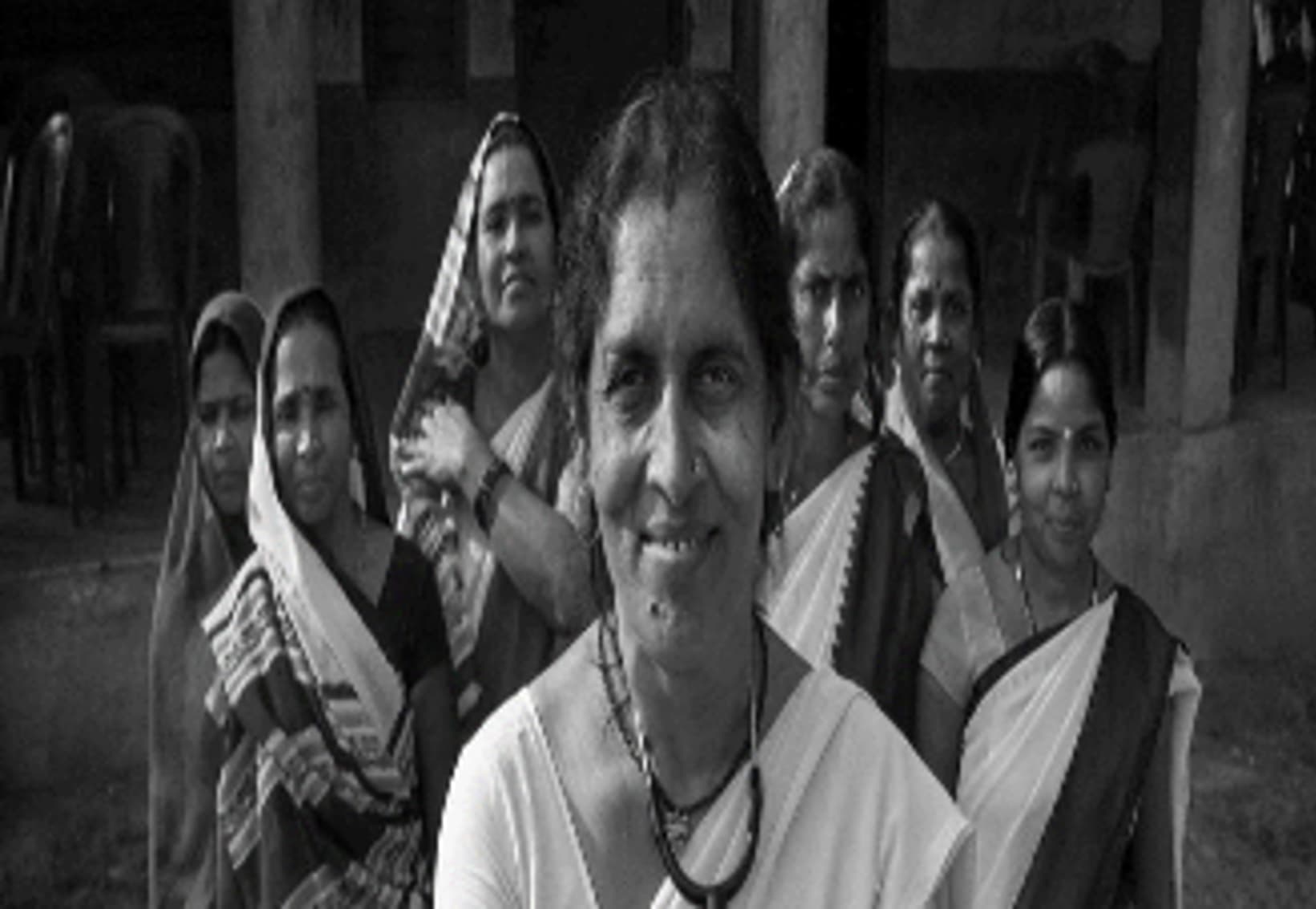
This initiative focuses on the higher prevalence of non-communicable diseases (NCDs) in Andhra Pradesh, surpassing the national...
The project aims to achieve a quantitative assessment of mental health through the measurement of physiological responses. One potential...
India Sustainability Fund (ISF) is set to launch a pioneering Venture Fund with a unique double bottom line approach, valued at an impressive US$ 1 Billion...
The proposed program is a 3-credit consulting program designed for management students from IIMs, aimed at providing consulting opportunities for...
The intended project will integrate and secure both current and historical health records from hospitals using a blockchain system. This blockchain technology...
Empowering Innovation through Startup Incubators, P2P Collaboration, and Investor Network Formation Some of the universities with which...
The Traditional medicine industry is one of the oldest practiced systems of medicine of great importance. The most commonly administered and popular...
Handicraft is a family activity their craft runs through generations. Statistics and study by the UN stated that over the past 30 years,...
Healthcare is very crucial for any nation, we deal with human life, to ensure this we are in dire need of a deeply rooted system to the...
ShowReel, in collaboration with Enira Consulting, is dedicated to fostering the growth of aspiring entrepreneurs by providing a platform that facilitates connections....